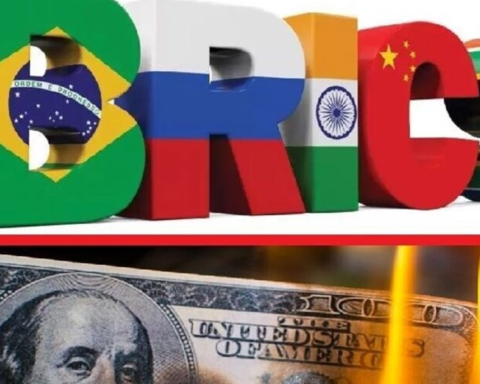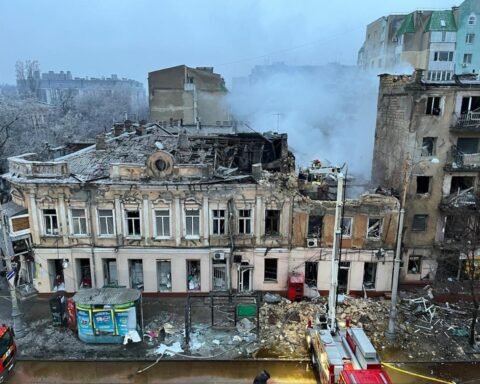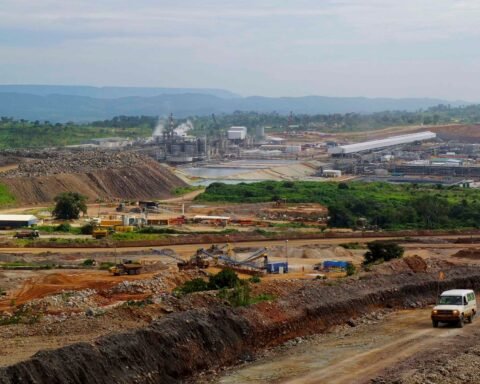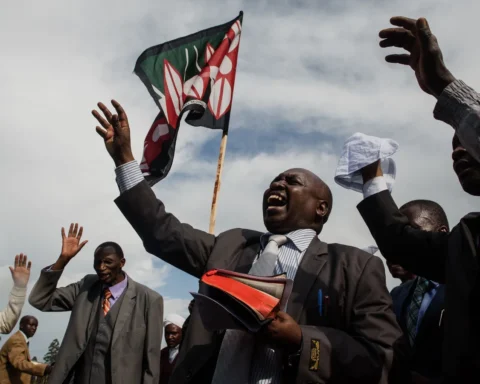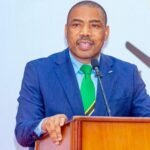A group of Romanian mercenaries hired by the Congolese government to help counter the growing threat of M23 rebels have begun their withdrawal, crossing into Rwanda as they prepare to return home.
On Wednesday, more than 280 of these fighters were seen at the border between Goma and Rwanda’s twin city, Gisenyi. Under tight security, they underwent thorough checks by Rwandan police, including luggage inspections by sniffer dogs, body searches, and document verification before boarding buses bound for Kigali.
The deployment of private military contractors was part of Congo’s strategy to contain the advance of M23, an ethnic Tutsi-led rebel group that has been making significant territorial gains. Despite these reinforcements, the mercenaries appeared to offer little resistance when the rebels stormed Goma on Monday, raising questions about the effectiveness of Congo’s military strategy.
M23’s resurgence is deeply tied to the lingering effects of Rwanda’s 1994 genocide, which saw extremist Hutus massacre Tutsis and moderate Hutus. Many of the perpetrators fled into eastern Congo, an issue that remains a source of tension between the two countries. Rwanda has long argued that remnants of these groups continue to pose a security threat, both to Congolese Tutsis and to Rwanda itself. Congo, however, has repeatedly accused Rwanda of backing M23 as a means of controlling its vast mineral wealth.
A United Nations report released last year documented M23’s takeover of the Rubaya coltan mine, the largest of its kind in the Great Lakes region. The report detailed how at least 150 tonnes of coltan—a crucial mineral used in smartphones—were smuggled into Rwanda.
Also Read; National Energy Compacts: A GameChanger for Africa’s Future
Amid escalating tensions, the East African Community (EAC), a regional bloc that includes both Congo and Rwanda, held an emergency summit on Wednesday evening to address the crisis. Rwandan President Paul Kagame confirmed his attendance, but Congolese President Félix Tshisekedi was notably absent. Sources from the Congolese presidency indicated that he preferred to address the nation directly instead.
With M23 now in control of Goma and Congolese forces struggling to regain ground, the risk of further instability remains high. Many fear that if diplomatic efforts fail, the crisis could escalate into a broader conflict, drawing in neighboring countries and deepening the humanitarian toll on civilians already caught in the crossfire.


